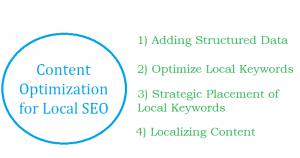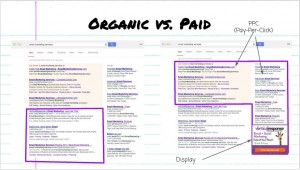The COVID-19 pandemic has certainly impacted digital marketing agencies large and small. But the reality of the business models is that small and large agencies are feeling the impact very differently. Larger agencies often have multiple employees to worry about and costly office rent, which can mean limited flexibility in pricing. With more overhead, there may be more financial risk. That’s why many larger agencies are cutting internal costs to stay afloat while dealing with the fact that they are losing clients right now.
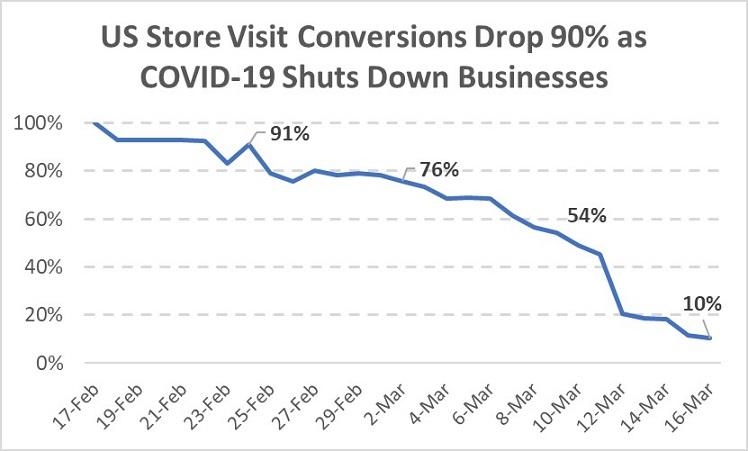
With so many businesses closing, agencies large and small are struggling to stay afloat (COVID-19 Business Trends)
For smaller agencies and individual contractors, losing clients can be even more harmful to the business. However, with limited overhead, small agencies often have more flexibility to change tactics or shift focus to keep going during this economic downtown. In this post, I will walk through six strategies that can help keep you and your small paid media agency running:
- Understand the impact for each client
- Be as flexible as possible
- Provide more value where you can
- Consider different kinds of clients
- Prioritize strategic planning
- Set up client accounts for recovery
1. Understand the impact for each client
Regardless of how many clients you have, you’ll want to assess the impact that COVID-19 has had on each one individually. If you specialize in a particular industry, it is likely that all of your clients have been impacted in a similar way. However, if they span across multiple industries, you’ll want to understand the unique impact that each business is experiencing.
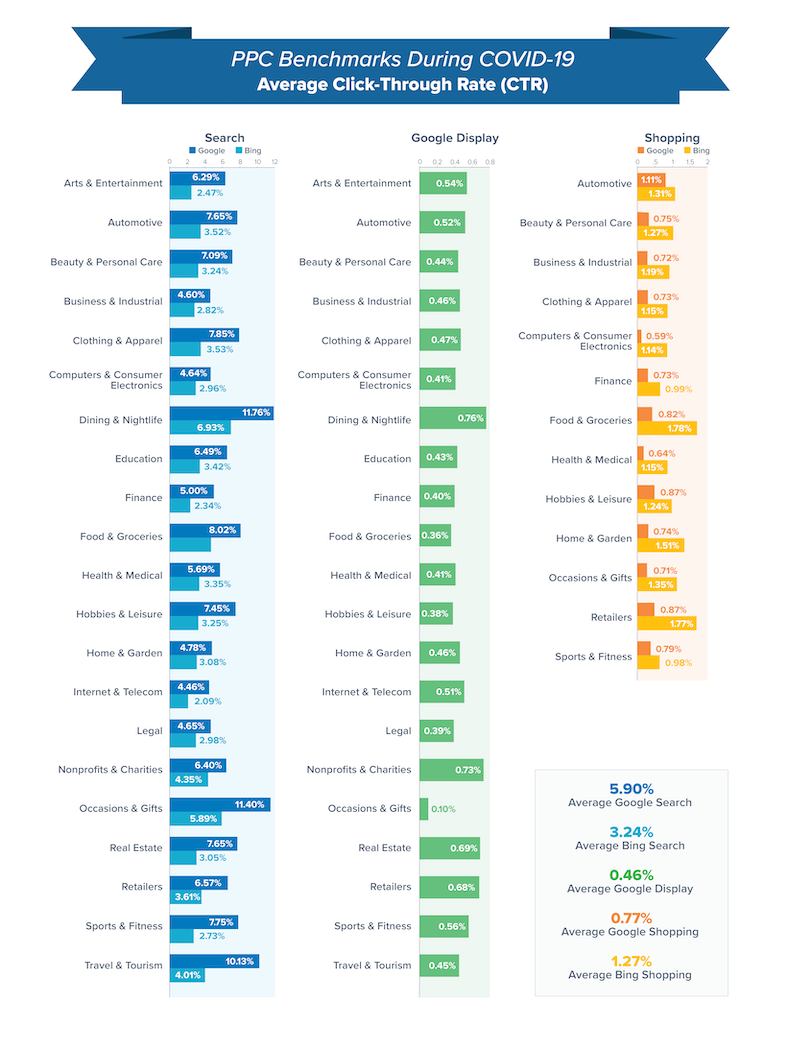
Auditing your client portfolio for performance is important when assessing what needs to be done, from damage control to strategic shifting. You will want to identify which clients are at the highest risk of churning and what needs to be done (or can be done) in order to retain their business. This will also benefit your business by allowing you to identify which clients are impacted the least. This may also provide opportunities for you to double down, offer more services, and suggest creative solutions for branching into other paid channels. Understanding the environment and where to place your time and effort is a useful skill for any digital marketer, but it’s essential right now.
Auditing your client portfolios is also important as it relates to your client relationships. You will want to be understanding of their situation and identify ways in which you can maximize your current value to them. Losing clients in some situations is unavoidable as many businesses are being directly hit by the economic lockdown. What is important is that you do all that you can to mitigate potential loss during the months while lockdown is an inescapable reality.
2. Be as flexible as possible
Flexibility is one of the more powerful advantages that smaller agencies have over large ones in times of economic crisis. If the logistics of covering your business’s overhead aren’t a major concern in the large scheme of your operations, you can be more flexible with pricing. This will give you the opportunity to retain clients by agreeing to lower prices during a fixed period of time or until the peak of the crisis subsides. If you identify which clients are impacted the most and are at the highest risk of churning, you can be proactive about temporarily restructuring your contract. This will convey that you understand the situation at hand and value the relationship that you have built with your client.
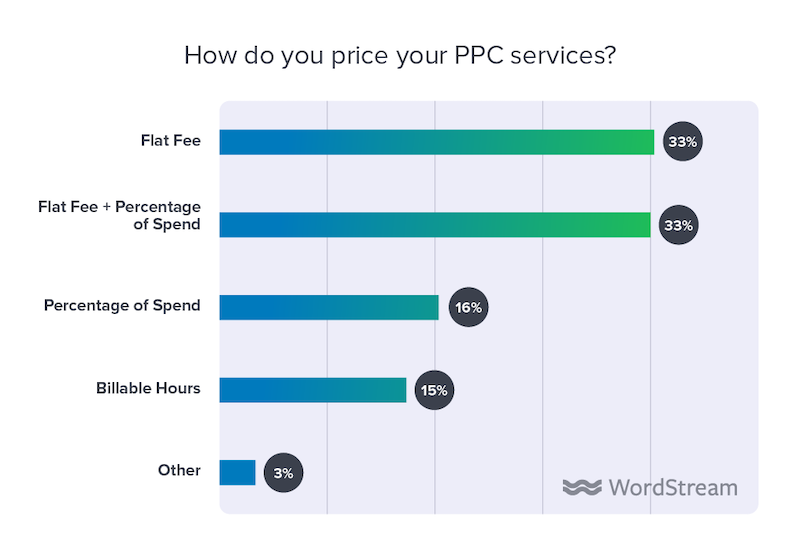
Flexibility among different pricing models may help you survive COVID-19 (from State of the Agency 2020)
If you work with larger companies or businesses that are experiencing layoffs, it is important to be flexible in relation to your contractual obligations. On paper, the cost of an external contractor for marketing services is far less than that of a full-time employee. This fact needs to be apparent in addition to the value that you deliver to their business. If you communicate the retention strategy to your point of contact, this flexibility and understanding will prove that you have value and integrity. Here are some ways you can do this:
- Delay invoices: Depending upon your personal financial situation, you may have the ability to delay invoice scheduling. This would allow you to keep the same rate over the coming months but allow your clients to delay payments temporarily.
- Reduce pricing: As mentioned above, you can temporarily restructure your contract to accommodate your client’s needs through the crisis. This will also show how much you value your relationship with them.
- Rework your contracts: If your client’s budgets have been slashed and the required work on the account is temporarily diminished, you could rework your contract to include limited services. This would reduce the price and allow you to retain them on a limited engagement basis until business picks up again.
3. Provide more value where you can
In addition to being flexible, identifying where you can provide more value to your client may also help you retain their business. After assessing your client portfolio, you can determine if there are any additional services that you may be able to offer them. Now, this might not be an option for everyone, and that’s okay. However, if you have any creative experience or similarly valuable skills, you may be able to pitch your clients on them. For example, if you have a background in conversion rate optimization and landing page design, you could offer that as a service at no additional cost. Some other skills that can be converted into services include:
- Web development
- Data analytics
- Marketing automation support, CRM support
- Content creation
- Marketing software auditing
- Video editing
If you don’t have related skills but you do have time to learn some right now, that’s great. Identify where you may additionally assist your client base and be proactive in learning and refining those skills. Designing ads in platforms like Photoshop and Illustrator, becoming HubSpot certified, familiarizing yourself with additional analytics software, and becoming adept at creating landing pages are all ways to expand your service offerings. Many clients who outsource their paid media are short-handed on a marketing team to begin with. If you broaden your scope of digital marketing skills, you can provide more value to your clients—and this could serve your business during COVID-19 and beyond.
4. Consider different kinds of clients
In addition to providing more value to your existing clients, you may also want to consider branching out and accepting new business from clients you may not have considered a few months ago. For example, you may have a threshold in ad spend that you could lower. Or, you might pivot from marketing for local businesses, who may be dropping off and pausing things left and right, to bringing on ecommerce clients
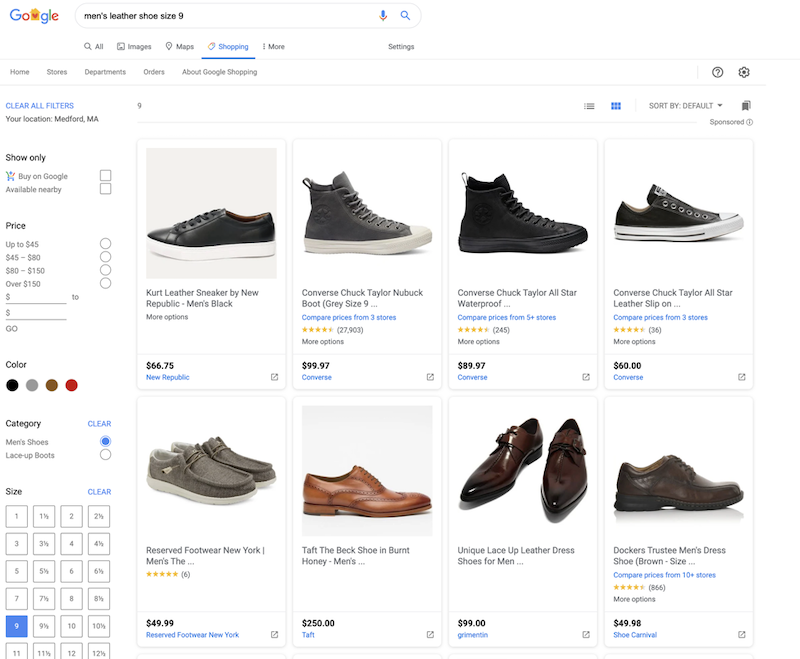
These industries are experiencing higher volume during COVID-19, and branching out to accept different kinds of clients can help you keep your agency running.
5. Prioritize strategic planning
As a paid marketing professional, you know that you need to be adaptable. Now, you should be open to the reality that you may have to completely re-strategize the accounts you’re managing—yes, I mean all of them. But understanding the impact on each individual client will help you here, as you’ll be able to better assess the current state of the account and the current strategy to identify what needs to change. Depending on the account, this could range from ad copy and messaging to a complete overhaul of the promotions themselves.
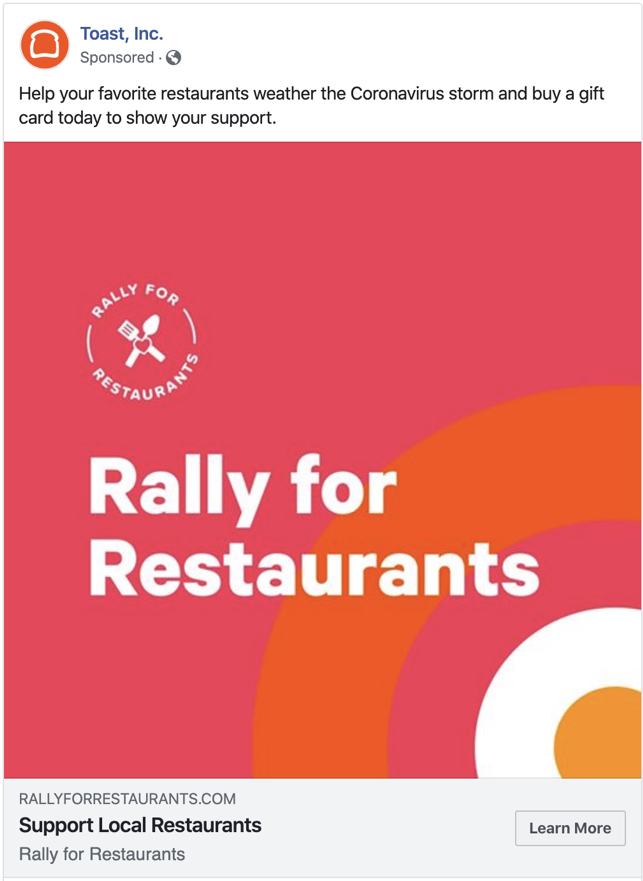
Some businesses have moved away from offers that impact revenue directly and instead have opted to focus more on brand awareness and higher-funnel collateral. This strategy’s goal is to keep the marketing funnel operating without shocking the system and winding up with zero leads to nurture as the months pass. The users who convert on these offers aren’t spending money on a product now, but they may choose to in time. Another common strategy is re-writing and re-positioning of ad copy to take the crisis into consideration. This includes mentioning COVID-19 as well as how the business aims to provide value to consumers during these strange circumstances. This strategy aids in showing that although your business is advertising you do not appear oblivious to what is going on, while also being relevant.
6. Set up your clients and your agency for recovery
After assessing the financial impact and doing all that you can to be transparent with your clients, suggesting proactive measures at an account level can help relieve some of the uneasiness and anxiety around the situation.
Having a plan is always a must no matter what. This remains true from your own business perspective. Plan out and save accordingly. You may not have massive amounts of overhead but you may want to cut costs wherever possible. The goal here should be to survive the economic lockdown as long as possible. With the uncertainty around timelines, this can be difficult to focus on but you have to remember that most businesses out there are in the same boat. Be adaptive and be resilient.
Business & Finance Articles on Business 2 Community
(71)
Report Post
